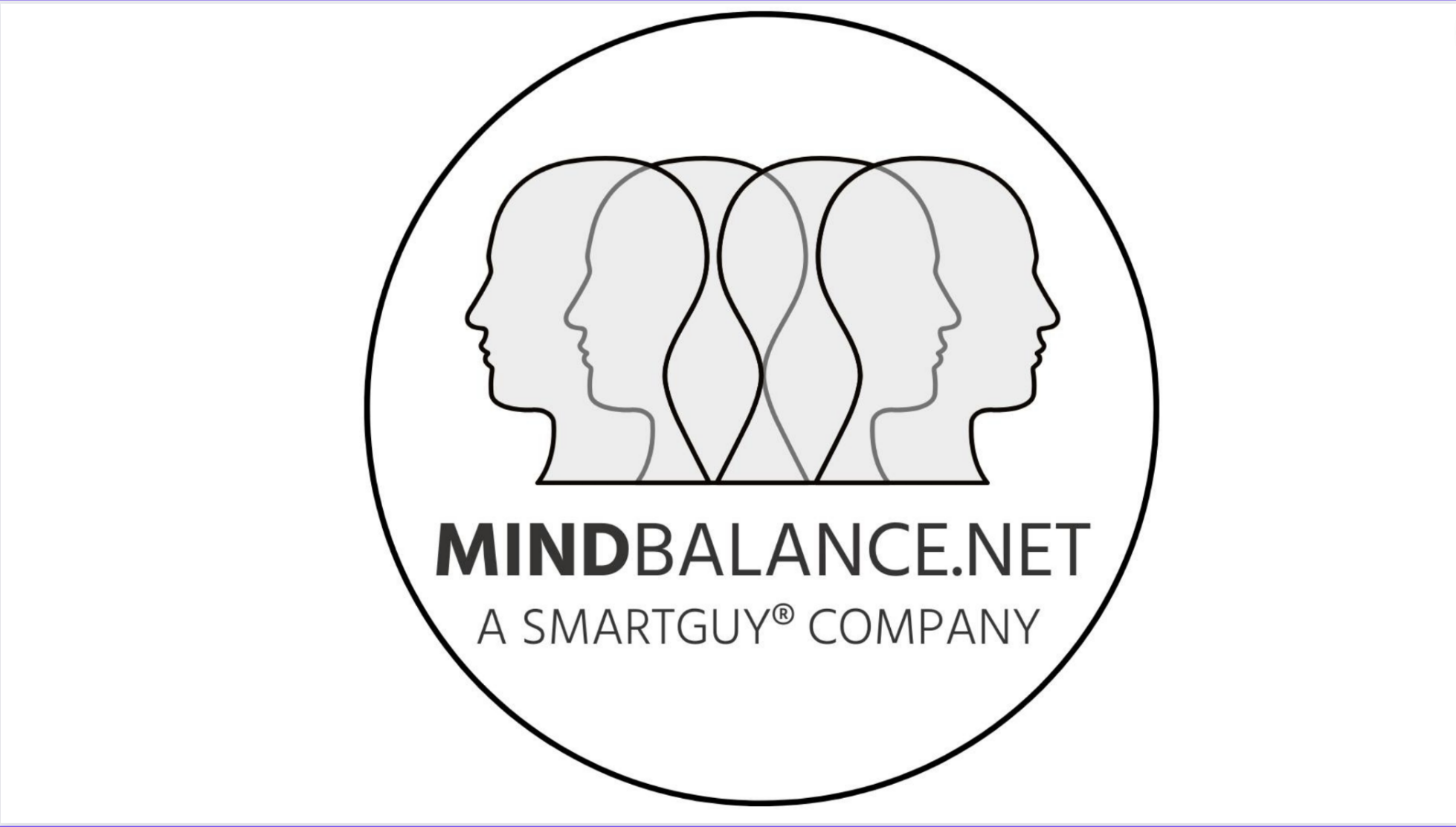The Power of Physical Activity for Mental Well-Being
At MindBalance.net, we understand that mental well-being is closely linked to physical health. One of the most effective ways to boost mental health is through regular physical activity. Exercise has been shown to reduce symptoms of depression and anxiety, improve mood, and enhance overall cognitive function. Let’s explore how incorporating physical activity into your daily routine can significantly enhance your mental well-being.
The Science Behind Exercise and Mental Health
Exercise triggers the release of endorphins, often referred to as "feel-good" hormones. These natural mood lifters help alleviate stress and anxiety. Additionally, physical activity increases the production of neurotransmitters like serotonin and dopamine, which play key roles in regulating mood. Dr. John Ratey, a psychiatrist and author of Spark: The Revolutionary New Science of Exercise and the Brain, explains, “Exercise is the single best thing you can do for your brain in terms of mood, memory, and learning.”
Reducing Symptoms of Depression and Anxiety
Regular physical activity can be as effective as medication in reducing symptoms of depression and anxiety. Exercise provides a natural outlet for releasing built-up tension and stress. It also promotes better sleep, which is often disrupted by mental health conditions. The American Psychological Association highlights that people who engage in regular physical activity are 25% less likely to develop depression or anxiety over the next five years.
Boosting Self-Esteem and Cognitive Function
Engaging in regular exercise can improve self-esteem and cognitive function. Achieving fitness goals, no matter how small, fosters a sense of accomplishment and confidence. Physical activity also enhances brain function by promoting neuroplasticity – the brain’s ability to adapt and form new neural connections. This can lead to improved memory, concentration, and problem-solving skills.
Types of Physical Activity for Mental Well-Being
Different types of physical activity offer various mental health benefits. Aerobic exercises, such as running, swimming, and cycling, are particularly effective in reducing anxiety and depression. Strength training, such as weightlifting, can improve self-esteem and cognitive function. Mind-body exercises like yoga and tai chi combine physical movement with mindfulness practices, reducing stress and promoting relaxation. As Dr. Ratey notes, “Exercise creates an environment in which the brain is ready, willing, and able to learn.”
Incorporating Physical Activity into Daily Life
Start Small: Begin with manageable activities like walking or stretching for 10-15 minutes a day. Gradually increase the duration and intensity as your fitness improves.
Find Enjoyable Activities: Choose exercises you enjoy to make it easier to stick with a routine. Dancing, hiking, or playing a sport can be fun and beneficial.
Set Realistic Goals: Establish achievable fitness goals to stay motivated. Celebrate your progress, no matter how small.
Make It Social: Exercise with friends or join a fitness class to make physical activity more enjoyable and provide social support.
Integrate Activity into Routine: Incorporate physical activity into your daily routine, such as taking the stairs instead of the elevator or biking to work.
Conclusion
Physical activity is a powerful tool for enhancing mental well-being. By incorporating regular exercise into your life, you can experience reduced symptoms of depression and anxiety, improved mood, and better cognitive function. At MindBalance.net, we encourage you to embrace physical activity as a vital component of your mental health journey. As you move your body, you nurture your mind, paving the way for a more balanced and fulfilling life.
Category: Mind Balance
Related Articles
- Mind Balance - A Comprehensive Solution for Navigating Modern Mental Health Challenges
- How Mind Balance Brings People Closer to God
- Cultivation and Improvement of Personality Traits to Deepen Ones Relationship with God
- Slow-Cooked Lamb Shanks with Rosemary and Garlic
- Exploring Therapeutic Interventions for Optimal Mental Well-Being
- The Universal Appeal of The Book of Seven by J R Wexler - A Beacon of Harmony and Understanding
- Cultivating Resilience and Mental Toughness - Keys to Thriving Amidst Lifes Challenges
- Adventurous Romance -The Key to Enhancing Relationship Chemistry
- How to become more visionary
- A Universal Prayer for Peace and Understanding Embracing Diverse Faiths
- Mind Balance Free Education Platform
- Uniting in Universal Love - Embracing Commonalities Across Faiths
- Navigating Diversity - Jerusalem's Tactical Approach to Interfaith Harmony
- Why Mind Balance is so important for everyone
- Stuffed Bell Peppers with Quinoa and Black Beans
- Interfaith Insights by 1WorldPeace - The Top 100 Universal Beliefs in Global Spirituality
- Overcoming Negative Thoughts - Strategies for a Positive Mindset
- Take the Wheel-Navigating Life Beyond the Screen
- How to become a problem solver
- Journey Within - A Jewish Path to Self-Discovery and Spiritual Growth
Business News
Popular Posts
- Jerusalem's Lesson - A Blueprint for Global Harmony Among Diverse Faiths
- Clearing Mental Plaque: The Path to Enhanced Communication and Divine Connection
- Finding Strength and Safety in Scripture - 25 New Testament Passages to Combat Spiritual Attacks
- How Mind Balance Brings People Closer to God
- Ways to Remove Stress from Trauma in the Nervous system
- Why Return to Jesus Christ and the Church
- Top 50 Ways to Live Longer
- Environmental toxins that can have significant effects on mental health
- Adventurous Romance -The Key to Enhancing Relationship Chemistry
- What Shapes Your Mental Well-being
- Herb-Crusted Ribeye Steak with Bone Broth Reduction
- Bacon-Wrapped Chicken Thighs with Creamy Garlic Sauce
- Slow-Cooked Lamb Shanks with Rosemary and Garlic
- Pork Tenderloin with Mustard Cream Sauce
- Stuffed Bell Peppers with Quinoa and Black Beans
- Exploring Therapeutic Interventions for Optimal Mental Well-Being
- The Power of Physical Activity for Mental Well-Being
- Understanding the Link Between Mental Health and Substance Abuse
- The Long-Lasting Impact of Child Abuse on Mental Health
- Hormonal Imbalances and Life Transitions
